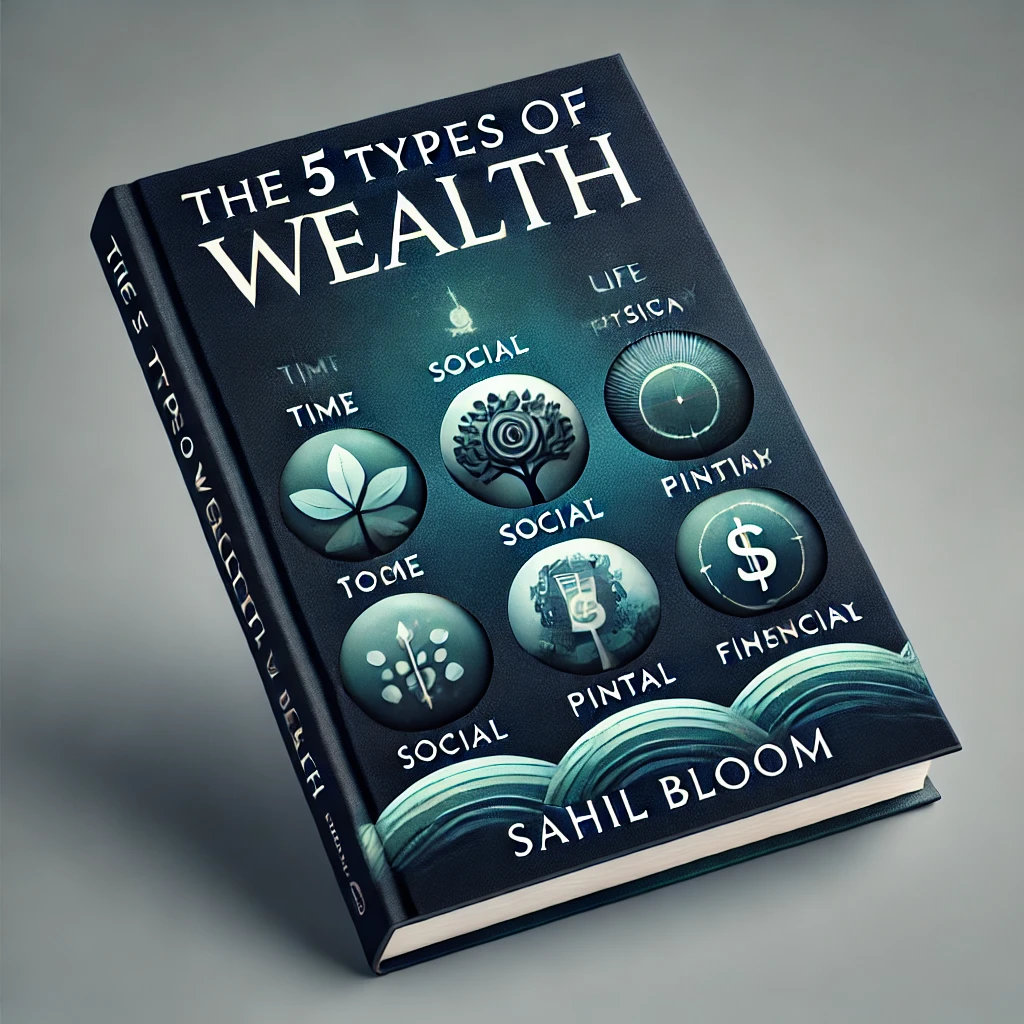Introduction to Redeeming Love
Redeeming Love is one of the great novels written by the acclaimed author Francine Rivers. This compelling story revamps the biblical tale of Hosea in the context of California’s Gold Rush in the 1850s. It artfully explores the subjects of unconditional love, redemption, forgiveness, and absolute faith. As a poignant blend of historical fiction and romance, Redeeming Love draws its readers with its highly emotive narration and well-elaborated characters.
Plot Summary
Angel’s Tragic Past
The novel opens with Sarah, later called Angel, a young girl whose life is turned upside down as she is sold into prostitution at an early age. Sarah’s innocence is broken, and she assumes the name Angel to survive the brutal realities of her new life. Her experiences make her look at the world through the lens of bitterness, mistrust, and despair. It was in her early years that Angel was constantly abused and exploited, making her emotionally scarred and distrustful of love.
Michael Hosea’s Calling
Michael Hosea is a devout and kind farmer who enters the story guided by divine purpose. He finds Angel and is immediately directed by God to marry her, whom he finds broken and shrouded in stigma. Michael’s faith and obedience become the rock of their relationship, which promises to be a transformative journey.
Angel’s Reluctance and Escape
Initially, Angel rejects Michael’s love and kindness as impossible, for she cannot fathom real love. She runs away many times from the new life because it does not resemble the comfort of her old life. The steadfastness of Michael’s commitment and his never-dying faith compel Angel to confront her fears and insecurities.
Through Michael’s patience and the power of unconditional love, Angel eventually starts to peel away her layers of pain that have framed her existence. She becomes aware of her worth and is more open to the possibility of redemption as she learns to accept it.
The climax of the book shows Angel’s final transformation since she has found a new identity and renewed faith in God.
Key Themes on Redeeming Love
Unconditional Love
At its core, this story is a deep representation of unconditional love. Michael’s single-hearted love for Angel is the example most like God’s love with His people, demonstrating to me the power of grace and the ability to forgive such extreme wounds.
Redemption, Forgiveness
While perhaps not the most obvious theme to portray, the novel presents significant transformation through redemption and forgiveness. Angel’s tale moves from shame to something better, showing that even someone lost in the depths might redeem themselves.
Faith and Obedience
In his unwavering faith, as he is obedient to God’s will, the strength lies in trust and surrender that comes with the test. His character stands out, and it symbolizes the hope of man as it shows the strength of conviction from spirituality.
Empowerment and Identity
Angel’s story also is one of empowerment and reclaiming identity. In coming out of the bondage of her past, Angel finds her real self and freedom in embracing God’s love.
Character Analysis
Angel (Sarah)
Angel is a multidimensional character whose journey epitomizes resilience and transformation. Her cynicism and emotional walls initially prove that she has had all the scars of the past, but her final display of growth and acceptance in love proves her strength and courage.
Michael Hosea
Michael represents the ideal of unconditional love and faith. His committed love for Angel, even in rejection, makes him a strongly inspiring character. His role as husband combined with being a spiritual guide adequately underscores themes regarding redemption and grace in the novel.
Supporting Characters
The supporting cast of the novel, which consists of Angel’s former acquaintances and Michael’s community, gives depth and complexity to the story. Their relationships with the protagonists expose several aspects of human nature and the complexity of relationships.
Symbolism in Redeeming Love
The Gold Rush Setting
The California Gold Rush is a symbolic setting, which represents the pursuit of material wealth and the deeper search for spiritual fulfillment.
Angel’s Name
The contrast between Angel’s chosen name and her original setting is an example of how the redemption theme is highlighted: her journey changes the significance of the name from surviving to one of grace and rebirth.
The Hosea Analogy
Taking inspiration from the biblical book of Hosea, the novel embeds spiritual allegory with historical narration. Michael as modern-day Hosea re-iterates the ageless quality of God’s love and redemption.
Critical Reception
Redeeming Love has gained widespread acclaim for its engaging narration and emotional depth. Critics and readers alike have praised Francine Rivers for her ability to bring historical authenticity and profound spiritual insights into the novel. The enduring popularity of the novel speaks for itself, given the universal themes and relatable characters in it.
Adaptations and Legacy
The impact of Redeeming Love extends beyond its pages. In 2022, the novel was adapted into a feature film, bringing its timeless story to a new audience. The adaptation has reignited interest in the book, solidifying its place as a modern classic.
Conclusion
Redeeming Love is more than a novel; it is a love, faith, and redemption journey. Francine Rivers has woven such a masterful tale with rich character development that the experience is deep and moving, touching generations of readers. The powerful message in the story reminds us that no one is beyond the reach of grace, making it a must-read for inspiration and hope.












3 thoughts on “Redeeming Love Book Summary and Review”